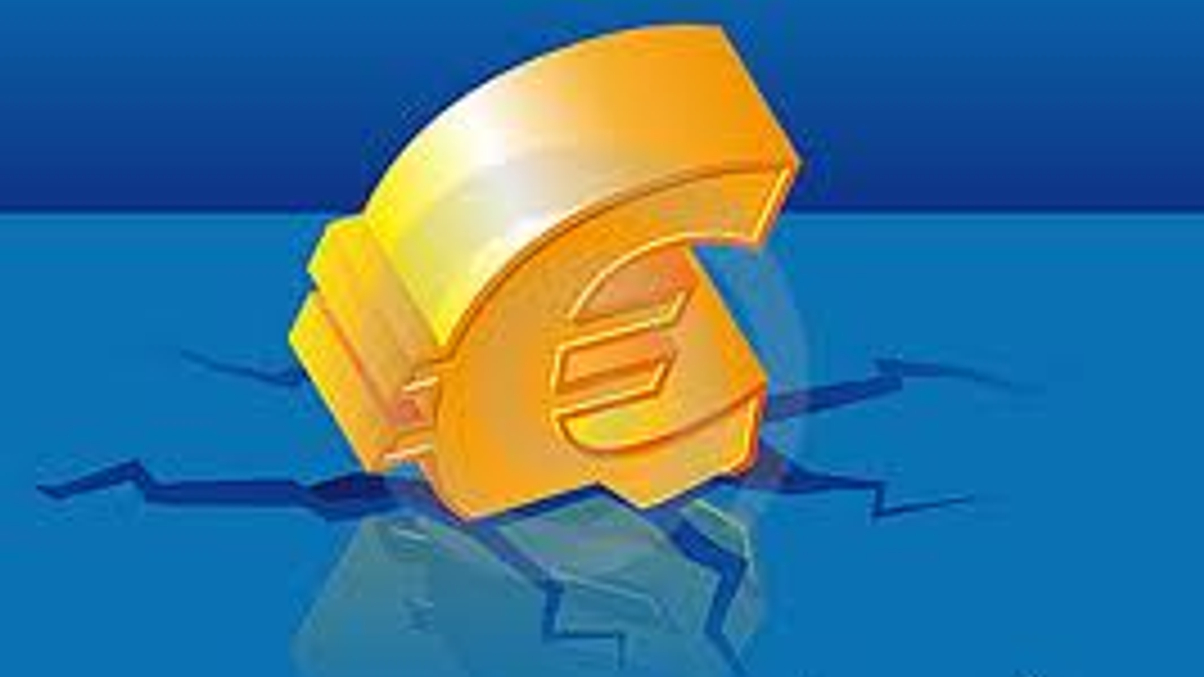Long-term investors can survive euro crisis
As events in Europe near a climax, portfolio managers in the US try to find ways to not just survive, but benefit from structural changes.

European politicians’ game of chicken has put the world at incredible risk. But investors that flee risk assets completely could be the biggest losers, warn portfolio managers in the US.
Sign in to read on!
Registered users get 2 free articles in 30 days.
Subscribers have full unlimited access to AsianInvestor
Not signed up? New users get 2 free articles per month, plus a 7-day unlimited free trial.
¬ Haymarket Media Limited. All rights reserved.


